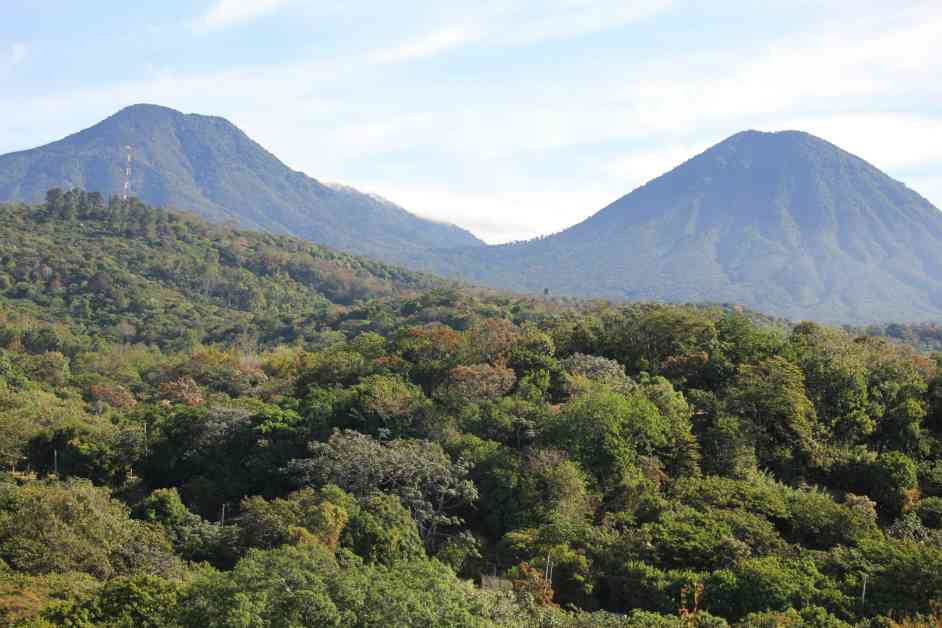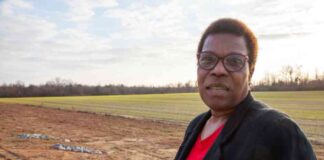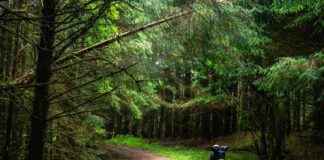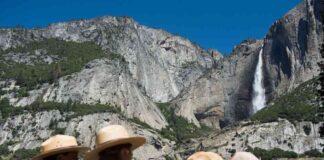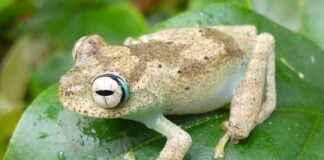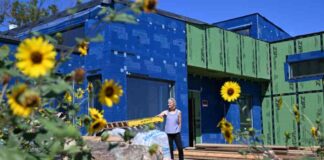The 55th anniversary of Earth Day is happening, and it’s a pretty big deal. The planet is facing some serious environmental threats right now, like extreme weather, species decline, deforestation, and water insecurity. These issues are getting worse as the planet heats up and the climate changes. Scientists and policymakers are all on the same page about the fact that we need to tackle these problems together. For example, planting more trees can help with stable rainfall and reducing carbon emissions.
In different parts of the world, people are already putting these ideas into action. Communities are turning to “nature-based solutions” to deal with the new challenges they’re facing. One cool story comes from the South Ahuachapán region in El Salvador. This place is small but jam-packed with people and all kinds of climate issues like droughts, floods, and soil erosion. The UN Development Programme is working on a project in this area, funded by the Adaptation Fund, to make local communities more resilient to climate shocks. They’re focusing on restoring land, managing water better, and using smart agriculture practices.
The project’s goal is to restore around 3,865 hectares of land by using agroforestry techniques. This means planting native trees alongside crops like maize to protect against landslides and improve soil health. The project is also providing technical training and support to smallholder farmers in the area. One farmer, Ricardo García, shared his story of going from struggling with droughts to successfully growing a variety of crops that can handle tough weather conditions. The project is not just about being climate-smart; it’s also helping families make money while taking care of the environment.
Efficient water use is another big focus of the project, especially during droughts. By collecting data on climate and water, farmers are getting more options on how to adapt. One technique they’re using is drip irrigation, which helps save water by giving plants just the right amount they need. Mevin Pérez, a local farmer, is impressed with how these systems are helping his family take care of their plants without spending hours fetching water. The project is expected to benefit over 30,000 people in the area and could serve as a model for other regions in El Salvador facing similar climate challenges.
The project in South Ahuachapán is showing that restoring degraded landscapes and empowering communities can build lasting resilience against climate change. This approach could be a game-changer for regions dealing with climate risks. Using nature to fight back against climate issues seems like a no-brainer. If we see climate and nature as two sides of the same coin, investing in forests and water systems could be the key to a healthier planet for both Earth and its inhabitants.

